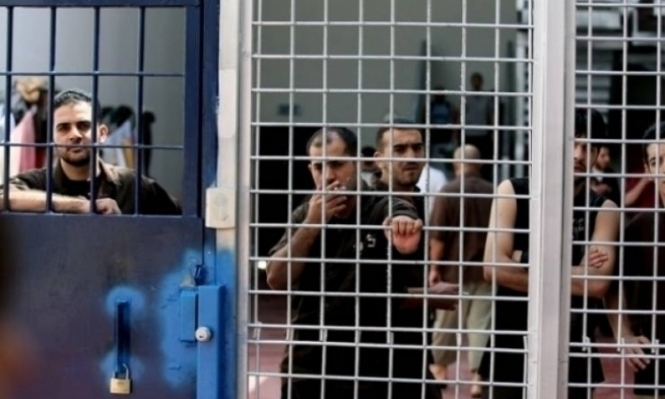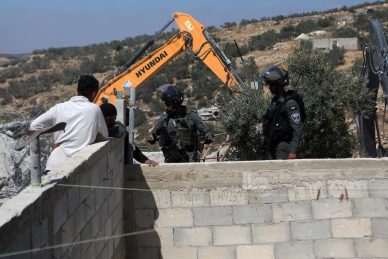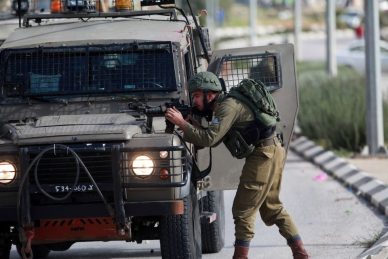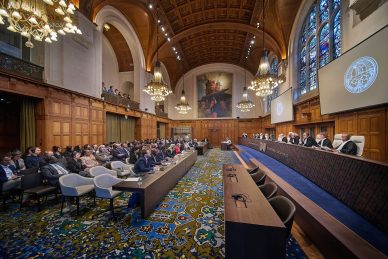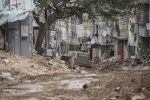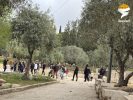GAZA, (PIC)
Between the locked prison cells and the windows of freedom, a wall separates bodies and souls from seeing their homeland and loved ones. A wall that has grown taller each time a Palestinian tries to celebrate a holiday or mark a special occasion. This is how Palestinian prisoners endure renewed suffering with every Eid al-Fitr.
Eid passes with its joy in a harsh Palestinian reality, where events in Palestinian cities directly impact life inside the prisons—whether for better or worse. The suffering of prisoners intensifies at the whim of their jailers. Today, more than 9,500 Palestinian prisoners are held in Israeli jails.
Living graves
The prisoners’ suffering continues, their tragedy unfolding in endless chapters. This Eid is no different from previous ones. Amid the ongoing genocide in Gaza, the prisons have turned into living graves—walls that groan under the weight of silence, overcrowded rooms where human beings are reduced to mere numbers.
Prisoners sleep on the cold ground like stones, breathing air thick with disease and drinking water tainted with humiliation. Skin diseases spread like wildfire, while medicine remains an unattainable dream.
Even cleaning supplies have become precious commodities, as if the occupation intends for them to die slowly, silently.
As Eid passes, prisoners are stripped of their most basic human rights—no family visits to remind them that a world exists beyond their cells, no letters carrying the scent of loved ones, not even a voice over the radio to ease the loneliness of isolation.
A catastrophic reality amid genocide
Palestinian prisoners mark Eid under catastrophic conditions, subjected to Israeli policies that have stripped them of all rights guaranteed by international and humanitarian laws.
According to prisoners’ organizations, many detainees were unaware that Eid had even begun—prison authorities deliberately withheld this information, and they only learned of it after a legal team was able to visit them on Sunday.
This Eid comes amid the ongoing genocide in Gaza and increasingly dire conditions inside the prisons. Violations against prisoners have reached unprecedented levels, including bans on cleaning and hygiene supplies, severe water shortages, extreme overcrowding, and the deliberate doubling of cell populations beyond their intended capacity.
Unique traditions
Despite the harsh conditions, prisoners try to celebrate Eid with their own traditions. They make sweets with the limited resources available, wake up early to bathe and wear their best clothes, then gather in the prison yard for Eid prayers. Afterward, they stand in a circle, shake hands, exchange greetings, and share whatever small treats they managed to buy from the prison canteen—chocolates, dates—while delivering short speeches and words of encouragement.
But this Eid is different. Amid the ongoing genocide, prison authorities have banned communal Eid prayers in the prison yard, restricted movement between cells and sections, and deliberately provoked inmates by conducting aggressive searches and assaults—showing no respect for their feelings, instead subjecting them to humiliation, beatings, and psychological abuse.
Yet, despite their ongoing suffering, hope remains. Hope that freedom will come, seized by the resistance from the grip of an oppressor that seeks only to break them, erase their cause, and turn them into forgotten numbers.

